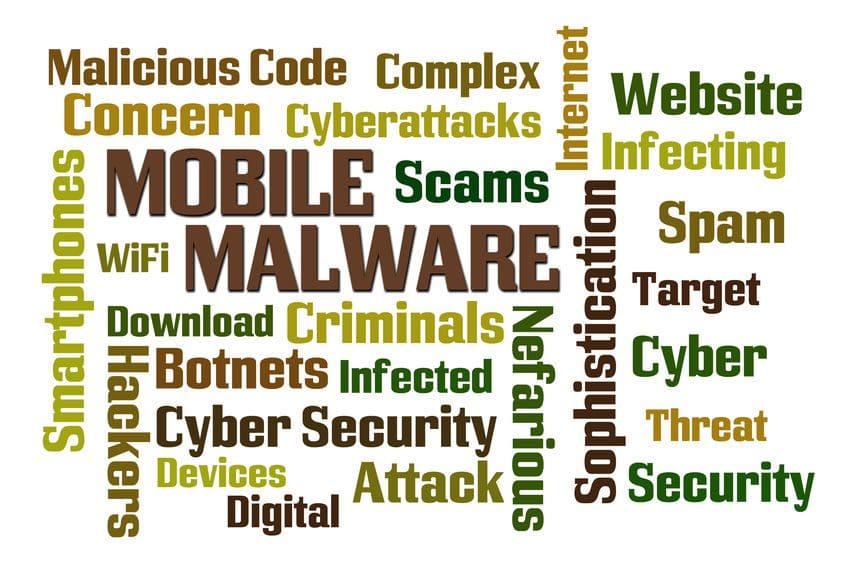On Friday, Colonial Pipeline, which transports refined petroleum products (gasoline, jet fuel, etc.) from Texas to New Jersey, halted operations because of a cyberattack on its system. By Monday evening, service stations along the East Coast reported long lines and shortages of gasoline as people began to panic and topped off their vehicles.
Colonial Pipeline carries 2.5 million barrels per day (b/d) of petroleum products through a system of approximately 5,500 miles of pipeline.
“Because no refineries between Alabama and the mid-Atlantic produce substantial quantities of transportation fuels, the southeastern United States is supplied primarily by pipeline flows, and to a lesser degree, with marine shipments from the U.S. Gulf Coast and imports,” according to the Energy Information Administration.
Until Colonial Pipeline resumes operation, petroleum distribution terminals in the Southeast will rely on inventories and on supplies obtained from alternative sources, such as the smaller 720,000 b/d Plantation Pipeline that also carries petroleum products from the U.S. Gulf Coast to as far as Washington, DC, EIA stated.
Pipeline shipments move at approximately five miles per hour, so some markets may need to rely on inventories for several days after Colonial Pipeline service is restored, according to EIA.
Markets along the Atlantic Coast with access to deepwater ports, such as Savannah, Georgia; Charleston, South Carolina; Wilmington, North Carolina; and Norfolk, Virginia, can receive limited imports from the global market and from marine shipments via coastwise compliant shipping originating from the U.S. Gulf Coast. Central Atlantic and Northeast markets can import petroleum products from Europe and Canada, and they can also obtain supplies from in-region refineries.
Federal and state governments have issued regulatory waivers and notices to loosen restrictions on trucked shipments of petroleum products. The Federal Motor Carrier Safety Administration issued waivers on driving time for truckers delivering refined petroleum products for 17 states and the District of Columbia.
The Federal Bureau of Investigation pointed the finger at a ransomware gang known as DarkSide. While cyberattacks are increasingly used around the world as a weapon against geopolitical rivals, there was no indication that the current crisis could boil over internationally.
Alex Mills is the former President of the Texas Alliance of Energy Producers.
Alex Mills is the former President of the Texas Alliance of Energy Producers. The Alliance is the largest state oil and gas associations in the nation with more than 3,000 members in 305 cities and 28 states.






